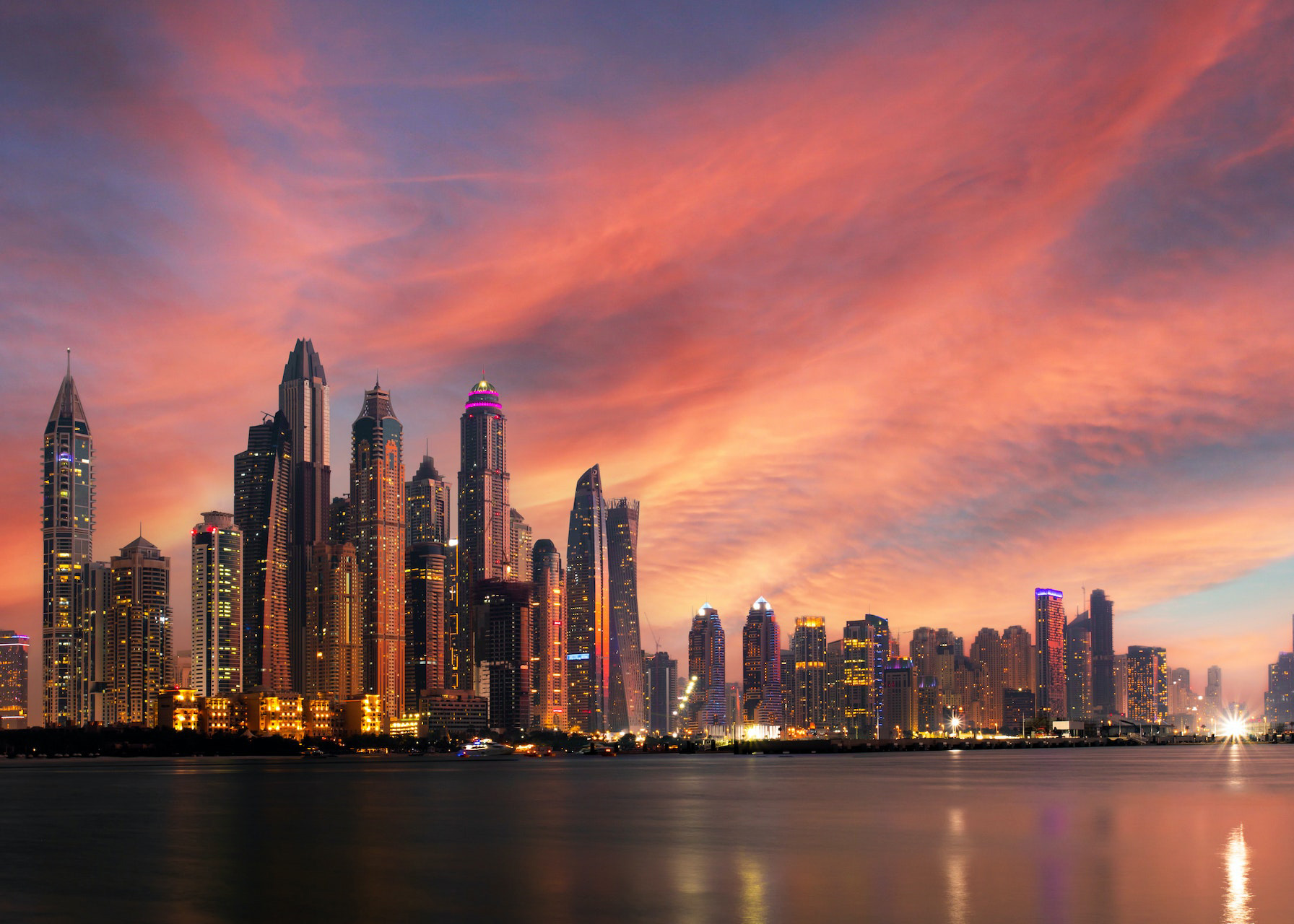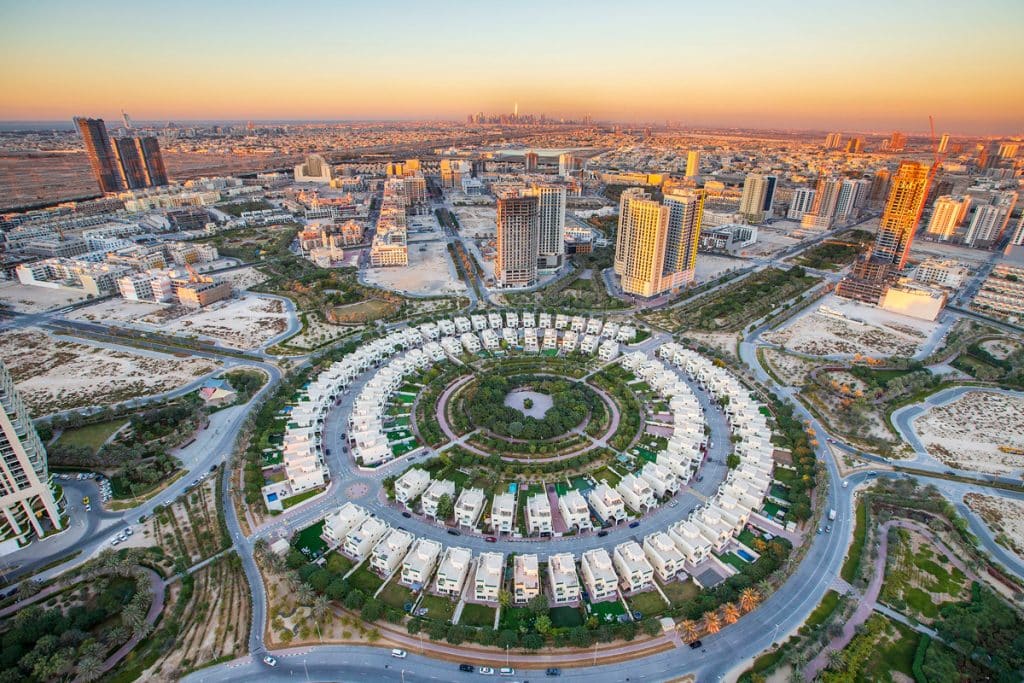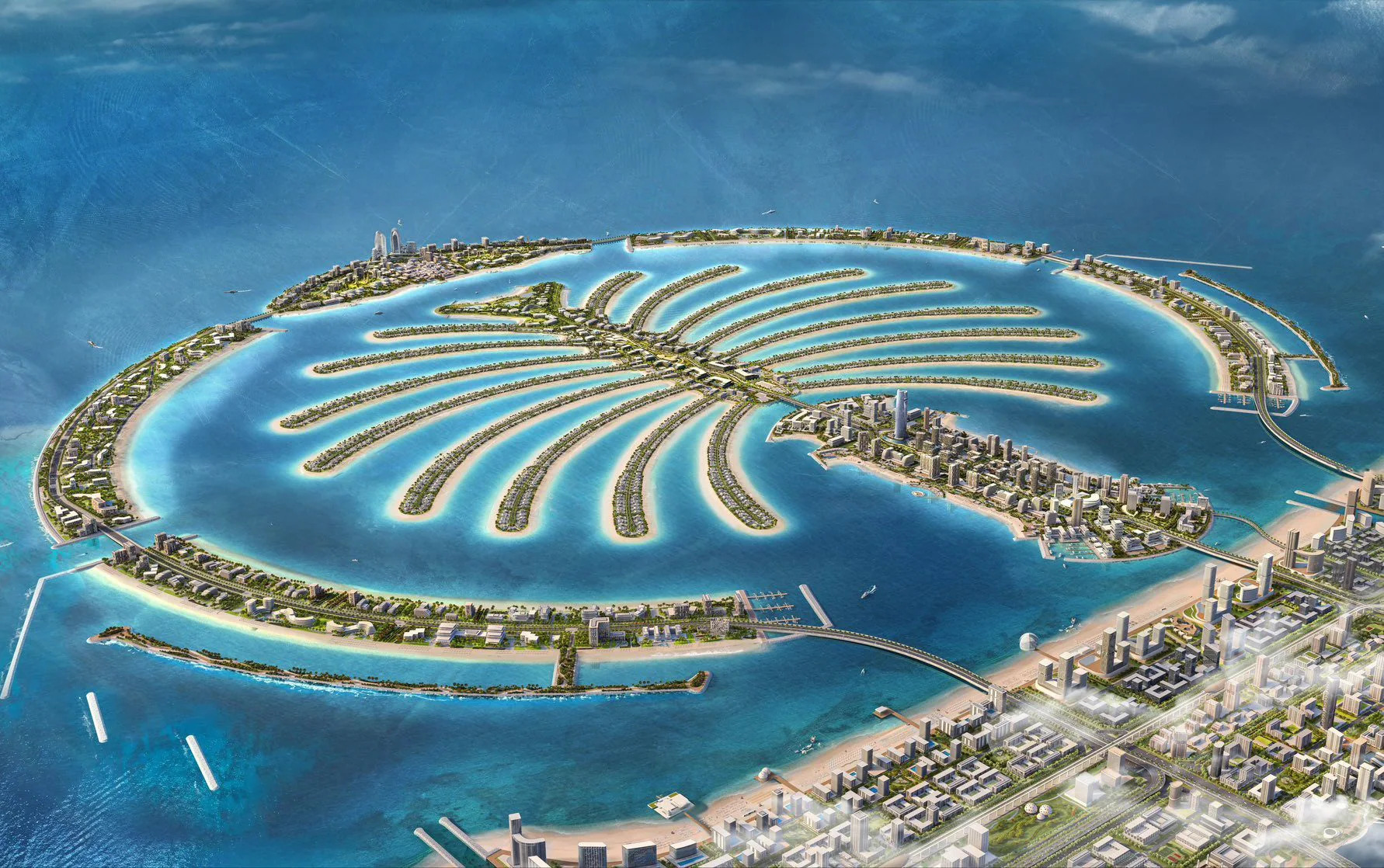
Dubai real estate experts share insights for first-time buyers looking to invest in property
First-time buyers looking to invest in UAE real estate – especially in Dubai – have a lot to consider. From the different property types available to the unique market conditions in each emirate, it can be daunting to know where to start.
As the real estate market in the UAE continues to boom, investors from across the world are looking to buy property, especially in Dubai. But with house prices reaching a 2016-peak and show no signs of slowing down and some neighbourhoods are experiencing remarkable price growth while other less-known districts offer great potential for appreciation, it is crucial to ensure you are making a strategic decision.
Based on interviews with experts, here is a comprehensive guide on what first-time buyers need to consider to get the best return on investment.
Understanding the UAE property market
“First-time buyers should focus on their long-term objectives when looking to invest in the UAE. Understanding factors such as property location, future development plans of the area and proximity to essential amenities should play an important role in the decision,” said Callum Radford, Sales Manager, Residential Brokerage, at Colliers MENA.
The UAE’s real estate market is highly unique, characterised by a rich array of property choices in the prime and mid-market segment and the promise of significant returns on investment. Each of the seven emirates boasts a distinctive property market, catering to diverse buyer profiles by offering a wide spectrum of property types across various price brackets and neighbourhoods.
However, like in every other country, the UAE’s real estate sector can evolve rapidly as it is intricately intertwined with broader market dynamics. Therefore, it is of paramount importance for prospective buyers to diligently monitor market developments. This vigilance is essential to ensure they make the right property investments, seizing the opportune moment to acquire assets in the right location and maximise the potential of their investment.
“The UAE property market stands out for its blend of factors including the relevance of developer brands, amenities such as core educational and healthcare facilities being at the heart of communities catering to diverse expatriate and local communities and stable market conditions,” Radford added.
“Popular landmarks, attractions and transport accessibility enhance its allure. High-end retail, F&B, and premium services further distinguish it, creating a unique living experience compared to others in the region.”
Best Dubai residential districts for high ROI

Dubai has consistently led in terms of ROI due to its global appeal and continual development, trends that have only become more prominent in the pandemic’s aftermath as the UAE government introduced new and more flexible visa options for investors, entrepreneurs, artists, remote workers, and retirees – among other categories.
Those looking to buy property in Dubai may have heard of the most popular districts such as Dubai Marina, Downtown Dubai, and Palm Jumeirah. These neighbourhoods, according to Radford, have shown the very strong ROI due to their appeal to both tourists and residents.
While Downtown Dubai and Palm Jumeirah are more on the high-end side of the city’s real estate offerings, there are other emerging districts in the mid-market segment that buyers might want to consider.
“Emerging districts such as Jumeirah Village Circle and Arjan are showing a much larger return per month with affordable purchase prices and strong rental demand. Offering modern amenities and infrastructure at a more sensible price, areas similar in location to them are particularly attractive to new investors,” said Radford.
According to real estate consultancy Coldwell Banker UAE, Jumeirah Village South is one of the highest growth areas for investment int he middle-tier housing segment.
Studio apartments can typically range from AED 450,000 to 600,000, while one-bedroom units can be found for AED 600,000 to AED 1 million depending on the size of the property. Two-bedroom apartments are also available in the range of AED 1.2 to 1.8 million.
“Investors in this area have the potential to achieve a gross yield of 7.5 percent. The community is gaining popularity due to its excellent connectivity, strategic location, and the ongoing development of numerous hotels, and the opening of the Circle Mall and a variety of other services, as well as food and beverage options.”
However, the agency’s top choice in the city is Tilal al Ghaf, a community developed by Majid al Futtaim Properties, holding “significant potential for both rental returns and capital appreciation,” said Coldwell Banker’s Managing Director, Ayman Youssef.
In this community, buyers can find three-bedroom townhouses for around AED 2.7 million and four-bedroom units for AED 3.6 million. Property choices in the area can range from standard townhouses to island mansions, reaching prices that can exceed AED 100 million.
“Investing in the UAE property market requires a mix of research, expert advice and most importantly feeling confident in the market. For first-time buyers, it’s always advisable to seek guidance from industry experts, be it for property viewings, legalities and fees, or understanding the market dynamics,” said Radford.
“Buyers should always factor in additional costs like maintenance fees and service charges, this can sometimes be a surprise to buyers and possibly affect their Net ROI.”
Making your decision
According to Youssef, here is a step-by-step guide for first-time buyers:
1. Research: Begin by researching the available options, such as ready properties or off-plan projects. It is important to set a budget and thoroughly research the units, prices, administrative costs, and fees associated with the properties. Consider whether to buy the property in cash or through a mortgage.
2. Hire a broker: As a first-time buyer, it is advisable to hire a reputable broker. A broker can provide guidance on property options, offer impartial advice, and assist throughout the purchasing process.
3. Viewings and finalising: Attend property viewings, address any concerns or queries, and attend open house events. Once a property has been chosen, make an offer.
4. Form B: When appointing a broker, apply the buyer’s agreement (Form B) on the Dubai REST App.
5. Sign contract F and issue a deposit: Sign Form F, which is a memorandum of understanding between the buyer and seller, outlining the agreed price and broker’s commission. To secure the deal, place a monetary deposit, typically amounting to 10% of the purchase price.
6. NOC: After signing the contract, the developer will prepare a No Objection Certificate (NOC), confirming that all fees have been settled and the developer has no objections to the sale.
7. Transfer of ownership: Once the NOC is obtained, the process of transferring ownership begins. Payment is verified, and the Dubai Land Department (DLD) approves the ownership transfer. A transfer form is signed, officially changing ownership from the seller to the buyer.
8. Handover: Complete any pending payments, connect utilities, and pay service charges. The title deed is transferred to the buyer, establishing their ownership of the property.
Investing in Dubai’s market can be a great opportunity for investors to make the most of their investment, especially with the regulatory environment being designed to safeguard the interests of buyers.
Dubai is currently experiencing an exceptional year for real estate transactions. In August alone, the city saw a 43 percent year-on-year surge in transactions, according to Property Finder.
Share This Story, Choose Your Platform!
continue reading



